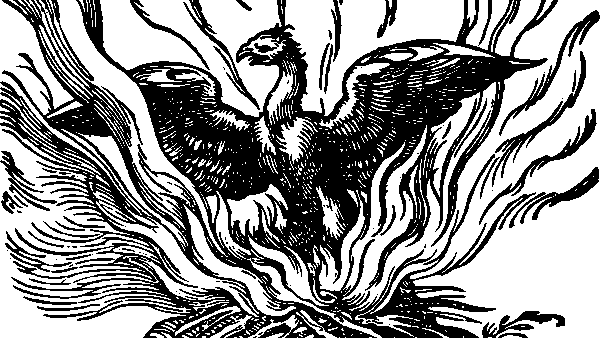 Have you ever had one of those dreams where you are trying to get somewhere but things keep going wrong? You get on the wrong train, get off and go back in the other direction but it takes you somewhere else, then start walking but the streets don’t go where they’re supposed to?
Have you ever had one of those dreams where you are trying to get somewhere but things keep going wrong? You get on the wrong train, get off and go back in the other direction but it takes you somewhere else, then start walking but the streets don’t go where they’re supposed to?
I’ve had those, mostly at times of stress, when I had a lot on my mind and my life felt out of control. This book is one of those dreams, described in detail for 500 pages. It sounds like a nightmare, quite literally. I think in most authors’ hands, it would be. But Kazuo Ishiguro is a natural storyteller and somehow he pulls it off. In many of his books, things are left unsaid or unexplained. His narrative style is subtle and understated. He’s the perfect person to write this kind of book.
The main character is a famous concert pianist called Ryder who arrives in an unspecified town somewhere in central Europe to give a recital. The book covers the three days of his stay in the town. As he stays, more demands are made on him, demands that he can never seem to satisfy. He never has enough time, he is always late, always tired, always disappointing people. His life feels out of control.
One thing I liked was that it was never made obvious that it was a dream. Nothing really outlandish happened – the narrator didn’t suddenly start flying across rooftops (another mainstay of my dreams) or confronting big green monsters or anything like that. The effect of a dream was created through confused logic – events narrated as if they made sense, but with a big contradiction in them. For example, an old porter who carries his luggage at the hotel talks about his daughter and grandson. He’s worried about them and wants Ryder to go and meet them. When Ryder does meet them, the daughter is now his wife or at least lover. The contradiction is maintained through the book and never explained logically. At several times, simple geography is distorted. Ryder goes all the way across town to a party at a country house, and then when he wants to go back to the hotel he discovers that he is actually already back there – he just came in by a different entrance and didn’t recognise it. A ticket inspector on a tram turns out to be an old childhood friend from England. Like everyone else, she expects a lot from him and he lets her down.
I realise that it probably still sounds like a nightmare of a book. It’s hard to explain quite why I liked it. I suppose the premise was so difficult that it was good to see Ishiguro pull it off so artfully. There were also a lot of interesting subplots about the people in the town – an alcoholic old conductor, Brodsky, who’s trying to resurrect his career and win back his wife; a hotel owner Hoffman and his son who wants to be a pianist but only disappoints his parents; Ryder’s relationship with Sophie and the boy Boris; the old porter Gustav and his friends who meet in the Hungarian Cafe. I was interested in these people partly for themselves, and partly because if the whole thing is a dream, then they are clues to the dreamer’s personality: figures from his past, people he feels guilty about treating badly, or perhaps different incarnations of himself at various points in his life.
Despite all the good points, the book did feel very long after a while – the action is deliberately repetitive and circular, and I thought that it could have been shortened quite significantly without losing much of the overall meaning of the book. But I still felt compelled to read on, even though I knew really where it was all going. And at the end of it all, I had that warm feeling of satisfaction that comes from having read a really good book.



There is 1 comment
This is an enlightenment, truly. I read The Unconsoled years ago when I was not as familiar with more sophisticated writing, fresh off my Stephen King phase from high school, haha. It was my first Ishiguro, too. I did read it along with Eco’s The Name of the Rose, which for the most part made sense to me then, and I loved it. The Unconsoled, however, was beyond me. And I don’t know how I came to finish it without having understood most of it. I did enjoy the writing, but I don’t remember what anything was about. It might be due for a re-reading, and I don’t doubt I’d appreciate it more today. Thanks!